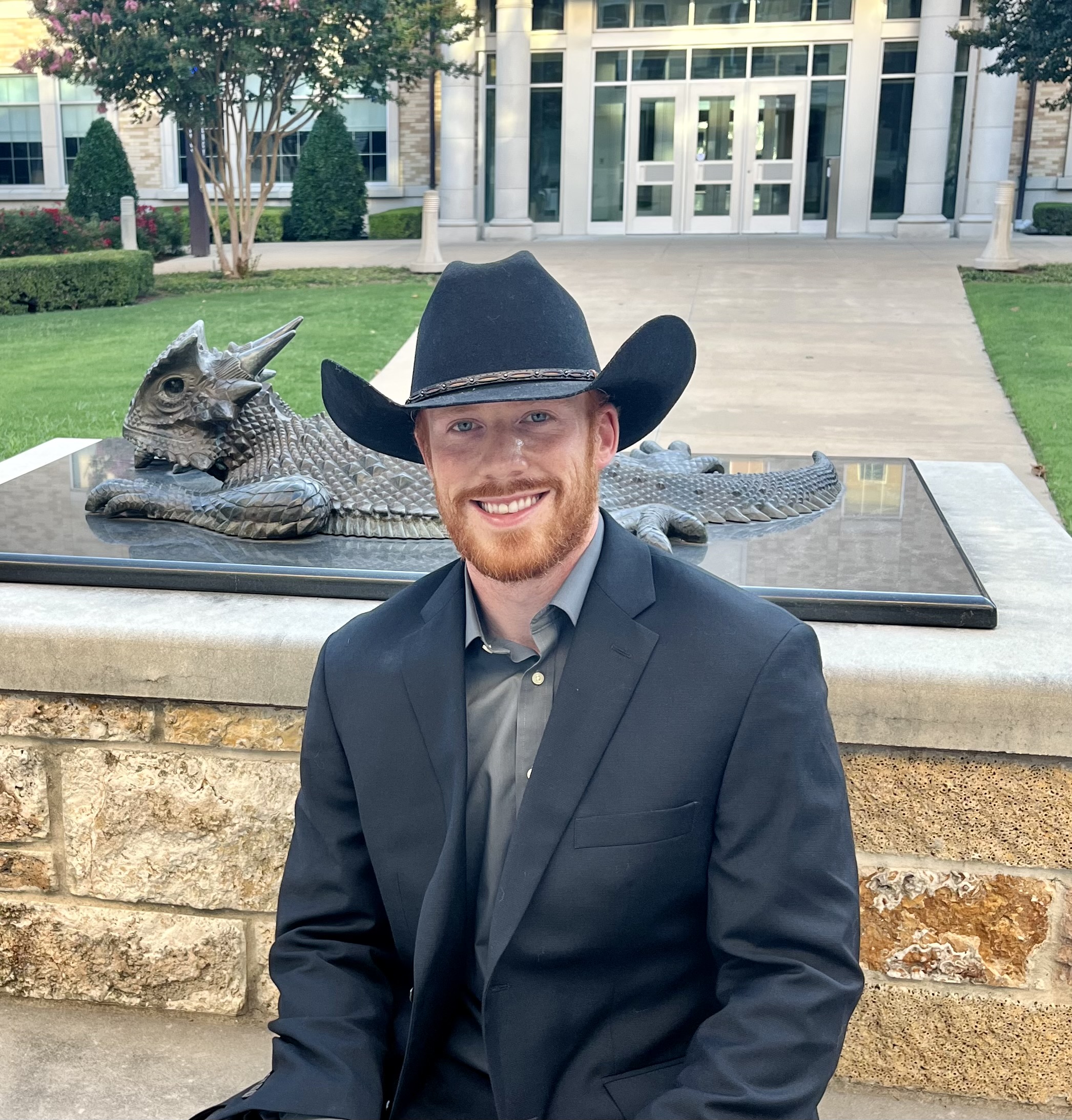As election season nears, our country is reminded once again how unable we are to disagree peacefully with one another. I have been thinking about how this polarization manifests itself in the church while looking to scripture.
The greatest hurdle the church has to overcome is its own members. We are all looking for the perfect church—the one that does things the right way. We want a pastor who says the right things, a congregation that is on the right path, and above all, preaches scripture the right way. And every Christian has an idea of what those right things look like and an even stronger understanding of what the wrong ones are. Unsurprisingly, no two are alike which begs the question of who really knows what is the right vs. wrong way to read scripture and live out a life of faith.
Instead of embracing the many perspectives offered by differing readings of scripture, we balk at the ‘other’ and dig farther into our corners. Surely, my interpretation of the Bible must be the right one. Our natural assumption that our personal interpretations and those endorsed by our Christian circle, denomination, or larger church community fail, in part, to acknowledge how our interpretations are often rooted in experiential learning: we are the summations of personal experiences wholly unlike the Congregationalist sitting next to us. The dogma, traditions, and people we have grown up with and presently trust to walk with us in our spiritual journeys are incredibly influential as to how we read scripture. And the reality is, no two are the same. You are not the only one who has it figured out in a chapel with hundreds of people around you.
Apart from the Jewish Christians and gentiles, there were no denominations in the first stages of the early church, our later factioning being an inevitable result of our inability to disagree in community with each other. We struggle to get along, secretly believing our church is the only one that has it together. This self-imposed distance is counterproductive to ecumenicalism and our call as Christians to love each other wholeheartedly without condition. A lack of truly acknowledging this creates a perception of concessions, that hearing other interpretations is not a negotiation but a personal sacrifice which threatens our own proximities to Christ’s teachings.
Are we more allegiant to dogma that informs our worldviews than reminders of the holiness of peacemaking? The Bible reminds us to be cautious:
“Do nothing out of selfish ambition or vain conceit. Rather, in humility value others above yourselves, not looking to your own interests but each of you to the interests of the others.” (Philippians 2:3-4 NIV)
“Make every effort to live in peace with everyone and to be holy; without holiness no one will see the Lord.” (Hebrews 12:14 NIV)
“No one has ever seen God; but if we love one another, God lives in us and his love is made complete in us.” (1 John 4:12 NIV)
“Whoever claims to love God yet hates a brother or sister is a liar. For whoever does not love their brother and sister, whom they have seen, cannot love God, whom they have not seen. And he has given us this command: Anyone who loves God must also love their brother and sister.” (1 John 4:20-21 NIV)
I don’t believe traditions are bad or that believers shouldn’t align most strongly with the beliefs of the church they attend. The beauty of having so many denominations is the ability for everyone to find a church home that is the right fit for their spiritual growth. I think the problem arises when that love for church/denomination/pastor supersedes the biblical commitment to be free of judgment and condemnation for doing things differently. Truly loving our brothers and sisters as God implores demands peacemaking, a relinquishment of the grip denominational traditions have over our desire to cross aisles. We can read the same verses differently and still be in community with one another and Christ. One way is not the right way unless it is God’s way. If you ask me, there is no one ‘right’ way to be rooted in substance and walk with the Lord. We are all fallible human beings, sinners from birth in need of redemption from our savior.
Author
-

My name is Tristan and I am an English instructor, a writer, and an avid reader. When I am not playing, writing, or listening to music, I enjoy reading from a host of theologians and listening to sermons from the Billy Graham archive on YouTube.
View all posts

I’m so glad to have the reminder to love without judgment. Exploring different church traditions has been a fun journey of faith and understanding this year. It’s a testament to the richness of our spiritual freedom that we have to express our beliefs. I’m thankful for a God that welcomes all ways to worship him.
This is a tough topic. Way to be brave and get the discussion started. It reminded me, the greatest command is to love. Good scripture references about humility and peace. When in doubt on how to respond….respond in love because scripture tells us love never fails.
Although, we shouldn’t turn a blind eye to sin or tolerate it in our lives. In other words, don’t abuse grace. If we are talking about singing hyms vs playing bass guitar and drums rock n roll style worship….it’s all worship. What’s it matter…is one style more holy than the other?
Thank you for reminding us and encouraging us to live in Peace with one another. We are all unique and all uniquely relate to God, and each other.